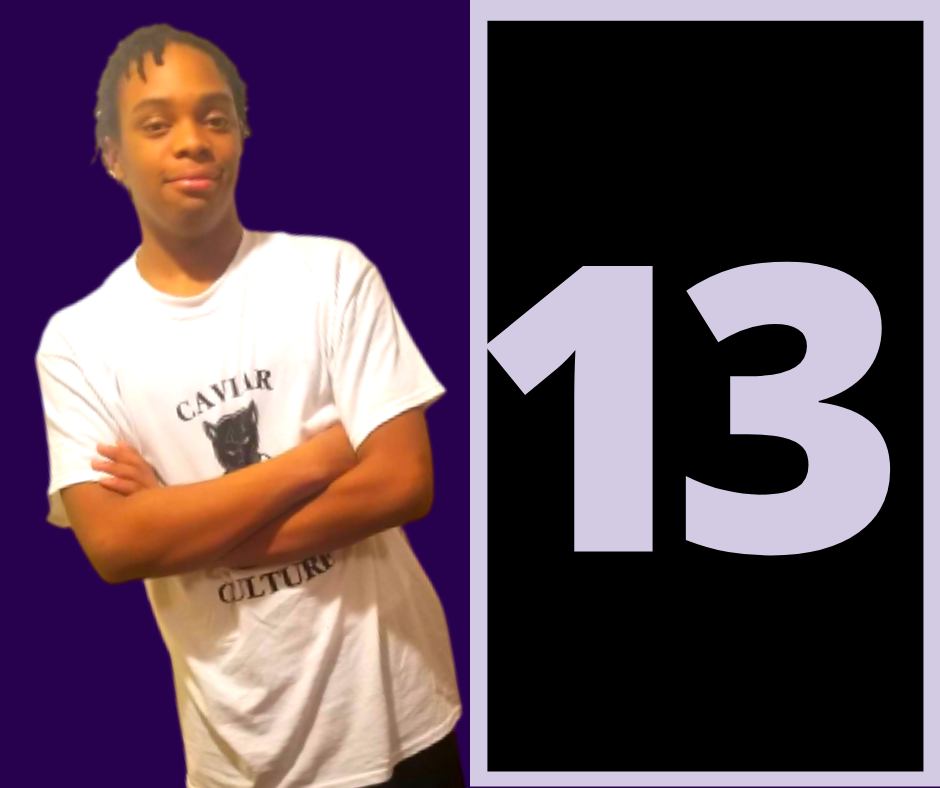|
1/10/2021 0 Comments Thirteen Years Old: ReflectivePlease keep in mind as you read the following lists of developmentally appropriate behaviors, that no two children are alike. Some children might exhibit all the age-related characteristics, some might exhibit most, and there are some children who might not exhibit more than one or two. When using the list below, it is important to also consider your child’s adjusted age if applicable, environmental, and situational factors, the child’s temperament, and if the child is in a period of equilibrium or disequilibrium. A 13-year old usually but not always:
Intellectual Development
Much of the above information is based on the studies by The Gesell Institute of Human Development, with the primary source being Your One Year Old, by Louise Bates Ames, Ph.D. Also included is information from Pick Up Your Socks by Elizabeth Crary. This information Can be found at the centerforparentingeducation.org
0 Comments
Your comment will be posted after it is approved.
Leave a Reply. |
AuthorWrite something about yourself. No need to be fancy, just an overview. ArchivesCategories |
Proudly powered by Weebly

 RSS Feed
RSS Feed